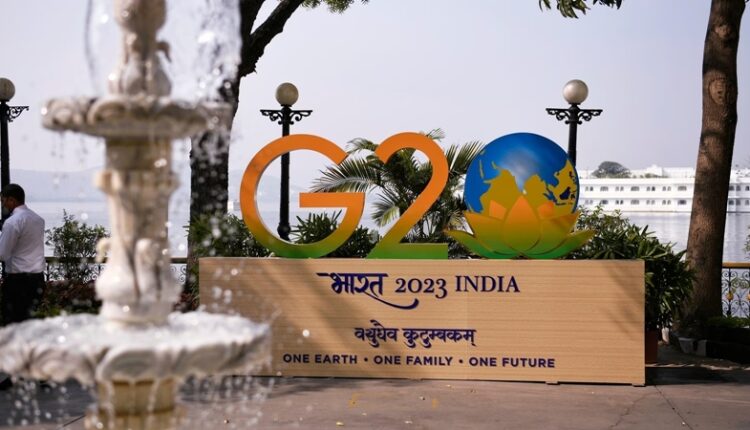G20 Group Leaders Conclude meeting but Fail to Reach an Agreement on Usage of Fossil Fuels
Ten News Network
New Delhi, 23rd July 2023: Following protests from several producer nations, the Group of 20 (G20) major economies gathering in India on Saturday failed to establish a consensus on phasing out fossil fuels.
Scientists and environmentalists are frustrated by international agencies’ slowness in taking action to combat global warming, even as extreme weather from China to the United States highlights the world’s climate catastrophe.
The G20 member countries account for more than three-quarters of global emissions and GDP, and the group’s collective commitment to decarbonise is critical in the worldwide fight against climate change.
However, differences about the anticipated tripling of renewable energy capacities by 2030 led to officials issuing an outcome statement and a chair summary instead of a common communique at the end of their four-day summit in Bambolim, Goa, India.
A joint statement is released when all member nations reach perfect agreement on all topics.
Indian Power Minister RK Singh said, “We had a complete agreement on 22 out of 29 paragraphs, and seven paragraphs constitute the Chair summary.”
Sections pushing wealthy countries to meet the aim of jointly mobilising $100 billion per year for climate action in developing economies from 2020 to 2025, as well as a description of the situation in Ukraine, failed to reach agreement.
The use of fossil fuels became a lightning rod during the day-long deliberations, but officials failed to reach an agreement on cutting “unabated” consumption and battled over the language to characterise the approach to reduce emissions, according to two persons familiar with the situation.
A draft released on late Friday stated, “The importance of making efforts towards phase down of unabated fossil fuels, in line with different national circumstances, was emphasised.”
However, the chair statement issued on Saturday evening highlighted concerns expressed by certain member nations that were not included in the Friday draft, stating that “others had different views on the matter that abatement and removal technologies will address such concerns.”
In a news conference following the summit, Singh stated that some governments intended to use carbon capture instead of phasing out fossil fuels. He did not identify the countries.
Countries like Saudi Arabia, Russia, China, South Africa, and Indonesia are all known to be opposed to the target of tripling renewable energy capacity in this decade.
Discover more from tennews.in: National News Portal
Subscribe to get the latest posts sent to your email.



